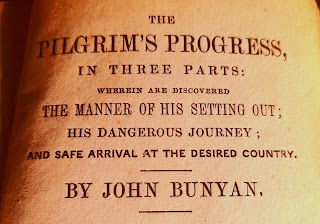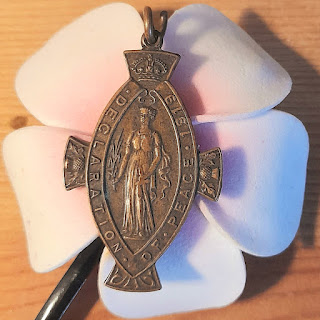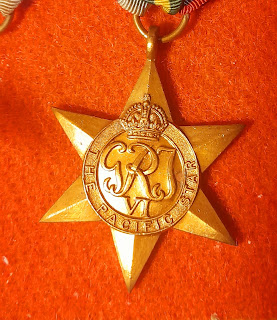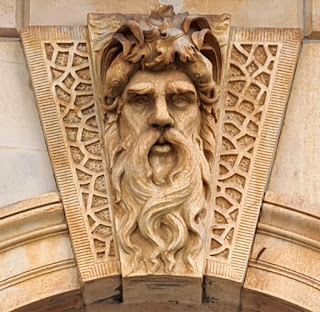Hessians and North Koreans - War Will Make Corpses Of Us All

'His sense of duty was no less than yours, I deem. You wonder what his name is... where he came from. And if he was really evil at heart. What lies or threats led him on this long march from home. If he would not rather have stayed there... in peace. War will make corpses of us all.' Captain Faramir The Two Towers I'm assuming we're all just going to carry on as normal, as if North Koreans aren't on European soil? North Korea is participating in the invasion and occupation of a sovereign European nation and yet it has barely made the news. Obviously, there's the usual omerta from all the Morning Star, Socialist Worker and Stop the War, Trots and Tankies. Similarly, there is an equal measure of silence from all those supposedly virulent anti-communists, who like to hysterically brand any form of socialised healthcare and welfare as 'communism', amid an actual communist invasion of Eastern Europe. There is also silence from the so-called 'defenders...










